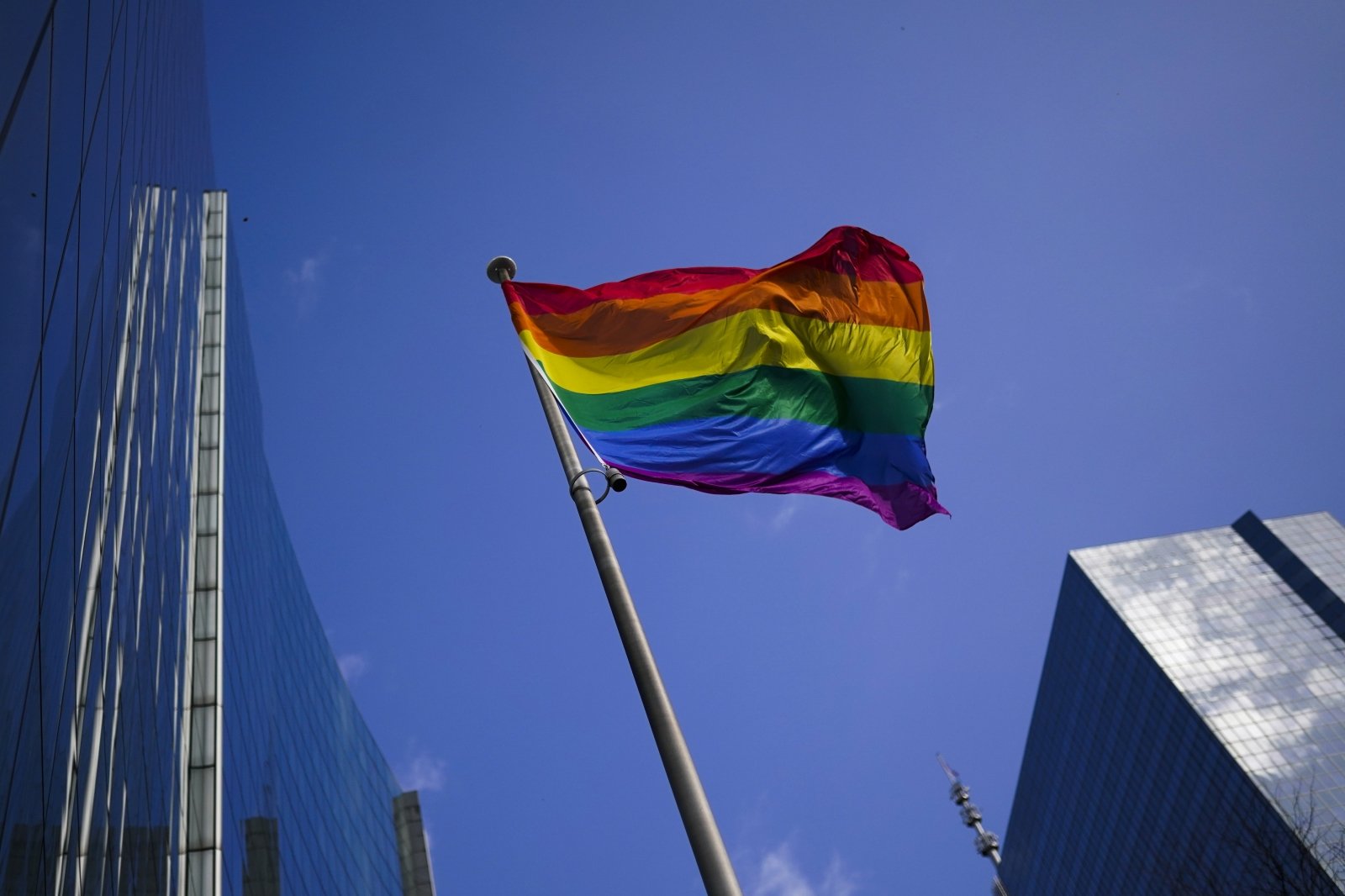04.06.2021 – 10:10
The Economist
–
The new geopolitics of the global economy
China and America dominate like never before
Germany’s Christian Democrats are fighting against populists in the east
The AfD will be hot on their heels in the election in Saxony-Anhalt
We have two front pages this week. In most of our editions, we focus on that big business. Just two decades ago America was stumbling from the dot-com boom, China was struggling with its Maoist past and Europe seemed to be on the cusp of something spectacular with its new currency and the burgeoning domestic market. Today America and increasingly China are on the rise, making up 76 of the 100 most valuable companies in the world. Europe’s share has fallen from 41 in 2000 to 15. Of the 19 companies founded in the past 25 years and valued at more than $ 100 billion today, nine are in America and eight in China. Europe doesn’t have any. In principle, large companies are no better than small ones. Still, the right kind of large company is a sign of healthy economic ecology, in which large, efficient companies are born and are constantly being ousted by competition. That is the secret to increasing the standard of living in the long term. The new geopolitics of the economy raises two important questions: Why did it come about? And can it last?
In our Latin America edition, we report on what went wrong in Brazil. The country’s hospitals are full, the shots are fired in the favelas, and 14.7% of workers are unemployed. Incredibly, Brazil’s economy is smaller now than it was in 2011 – and it will take many strong quarters like June 1st to repair the country’s reputation. Brazil’s Covid-19 death rate is one of the worst in the world. The president, Jair Bolsonaro, jokes that vaccines could turn people into crocodiles. Unfortunately, the putrefaction goes much deeper than a single man. During the raw materials boom, the left-wing Labor Party, which was in power from 2003-16, gave in to the myopia and postponed liberal economic reforms. In an effort to protect themselves from the aftermath of Lava Jato, a massive anti-corruption investigation, politicians have opposed reforms that would curb bribery. And Brazil’s political system is a millstone that protects established politicians from the electorate and the courts. Brazilian democracy is more fragile than ever since the end of the dictatorship. The country urgently needs reforms.
The new geopolitics of the global economy
China and America dominate like never before
Jair Bolsonaro isn’t the only reason his land is in the ditch
The political system that helped him win the election needs deep reforms
SPECIAL REPORT on Brazil
Someone has to pay the bill for empty offices
Even small decreases in the occupancy rate have a big impact on rents and prices
A traffic jam of upstart vies to step into Elon Musk’s tire tracks. Does any of them stand a chance?
Binyamin Netanyahu’s opponents strike a deal to replace him
But the prime minister is not going to give up without a fight
The pharmaceutical company that saw the future
Long ago Roche relied on personalized medicine. Now is your time
Particularly interesting for our readers in Germany:
Germany’s Christian Democrats are fighting against populists in the east
The AfD will be hot on their heels in the election in Saxony-Anhalt
From the text:
„Parts of this state offer a grimly familiar east German tale of deindustrialisation, depopulation and resentment of know-it-all Wessis (westeners). “
“Parts of this state offer a grimly familiar East German story of deindustrialization, depopulation and resentment against know-it-all Wessis[.]“
Für weitere Informationen wenden Sie sich bitte an: Alexander Janke | PLÜCOM Tel. +49 (0)40 790 21 89-90 E-Mail: [email protected]
Über The Economist (https://www.economist.com) Mit einem wachsenden globalen Publikum und einem Ruf für aufschlussreiche Analysen und Perspektiven auf jeden Aspekt des Weltgeschehens ist The Economist eine der anerkanntesten und am meisten gelesenen Publikationen zu aktuellen Themen weltweit. Zusätzlich zu den wöchentlichen Print- und Digitalausgaben und der Website veröffentlicht The Economist Espresso, eine tägliche Nachrichten-App, Global Business Review, ein zweisprachiges englisch-chinesisches Produkt und Economist VR, eine Virtual-Reality-App. Economist Radio produziert mehrere Podcasts pro Woche, und Economist Films produziert Kurz- und Langformat-Videos. The Economist unterhält starke Social Communities auf Facebook, Twitter, LinkedIn, Snapchat, LINE, Medium und anderen sozialen Netzwerken. The Economist wurde mit vielen redaktionellen und Marketing-Auszeichnungen ausgezeichnet und wurde im Trusting News Project Report 2017 zur vertrauenswürdigsten Nachrichtenquelle gewählt.
– .


